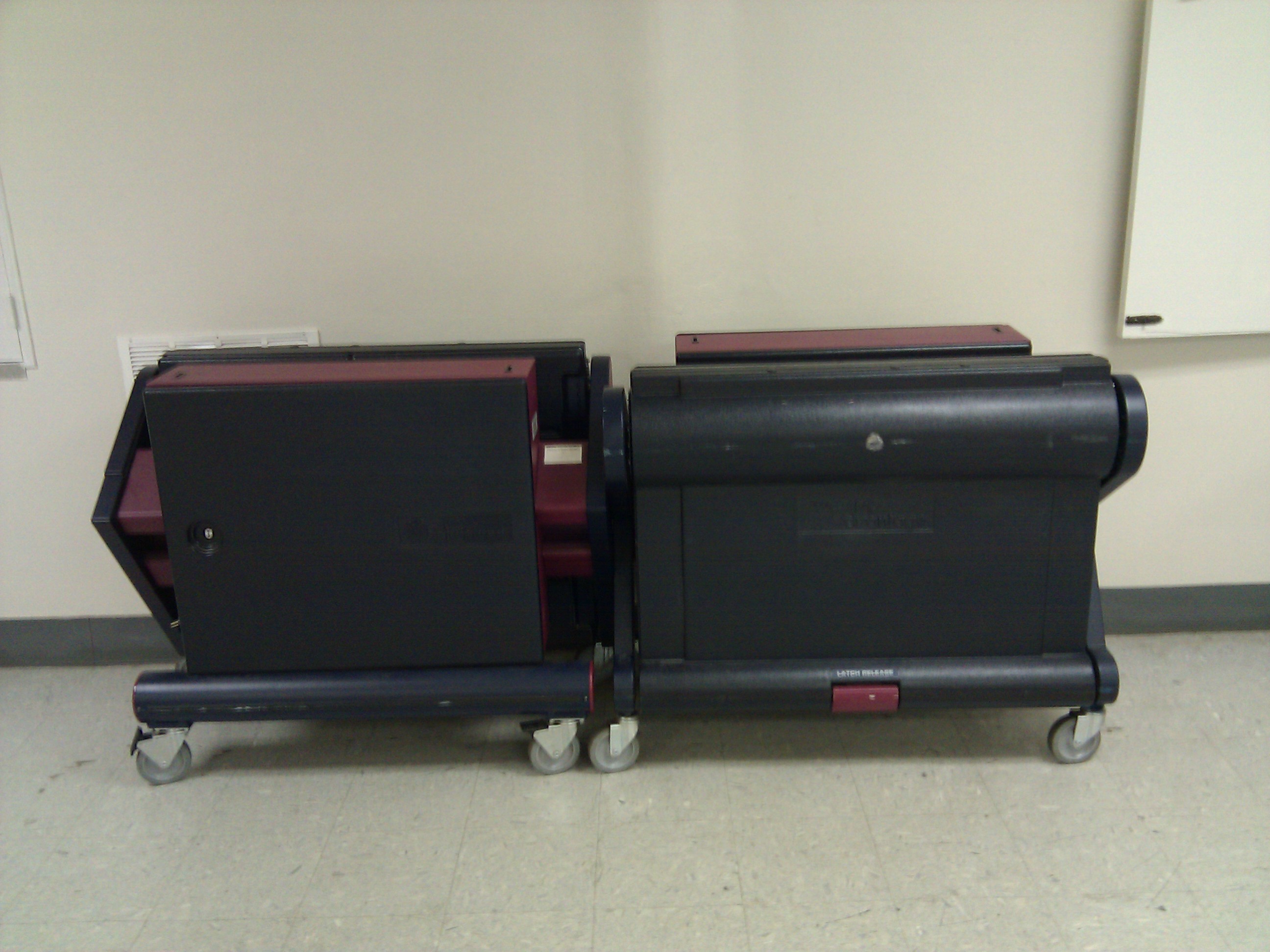All of us here at CITP were saddened by the death of Bill Zeller, our respected and much-loved colleague. Bill was a Ph.D. candidate in Computer Science here at Princeton, who died last night due to injuries sustained in a suicide attempt.
There has been a huge outpouring of sympathy for Bill, both at Princeton and across the Internet, which is entirely appropriate. But I’d like to focus here on the positive side of Bill’s life.
Bill has made at least two appearances here on Freedom to Tinker, first as the instigator of the Miraculin experiment (Miracle Fruit: Tinkering with our Taste Buds), then later for his research on web security (Popular Websites Vulnerable to Cross-Site Request Forgery Attacks).
Bill always had a new project brewing. His projects ranged from the quirky (the cult favorite Cats in Christmas Trees site) to an early blogging tool (Zempt, which was incorporated into Movable Type) to many useful software development tools (such as jLambda). Tens of millions of people have read or used something that Bill created.
Bill’s sense of humor was much appreciated by his friends. He would sometimes go to considerable lengths for the sake of a joke. Once, for the sake of an office joke, he created a technology package including an online game, an RSS-based miniblogging tool, and a screen saver. Then, later, he shut it all down, as a birthday present for the friend who was the target of his (good-natured) joke.
We have many, many fond memories of Bill, more than we could possibly fit here.
Those of you who knew Bill are invited to add your own fond memories in the comments.


